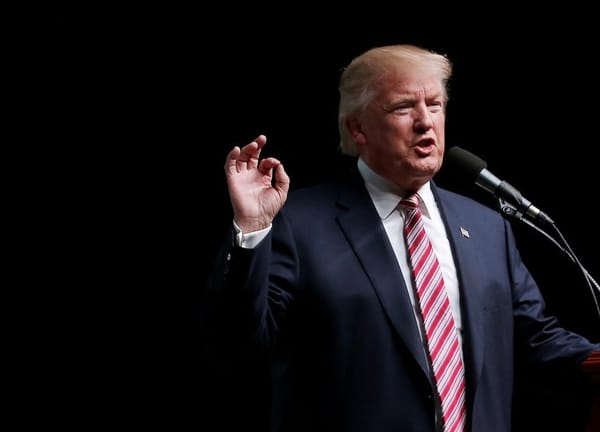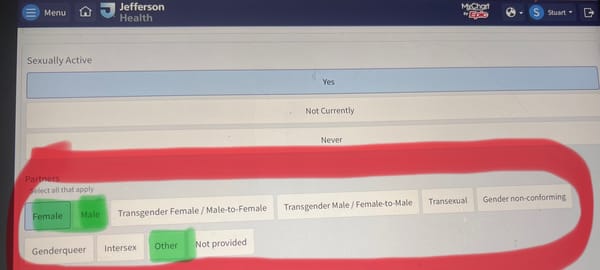8 steps to protect U.S. elections
There is no computer that can’t be hacked, there is no web site that can’t be cracked.
If that is true -- and it is -- why would we ever put our voting process and electoral returns online?
When we do that, we make ourselves vulnerable.
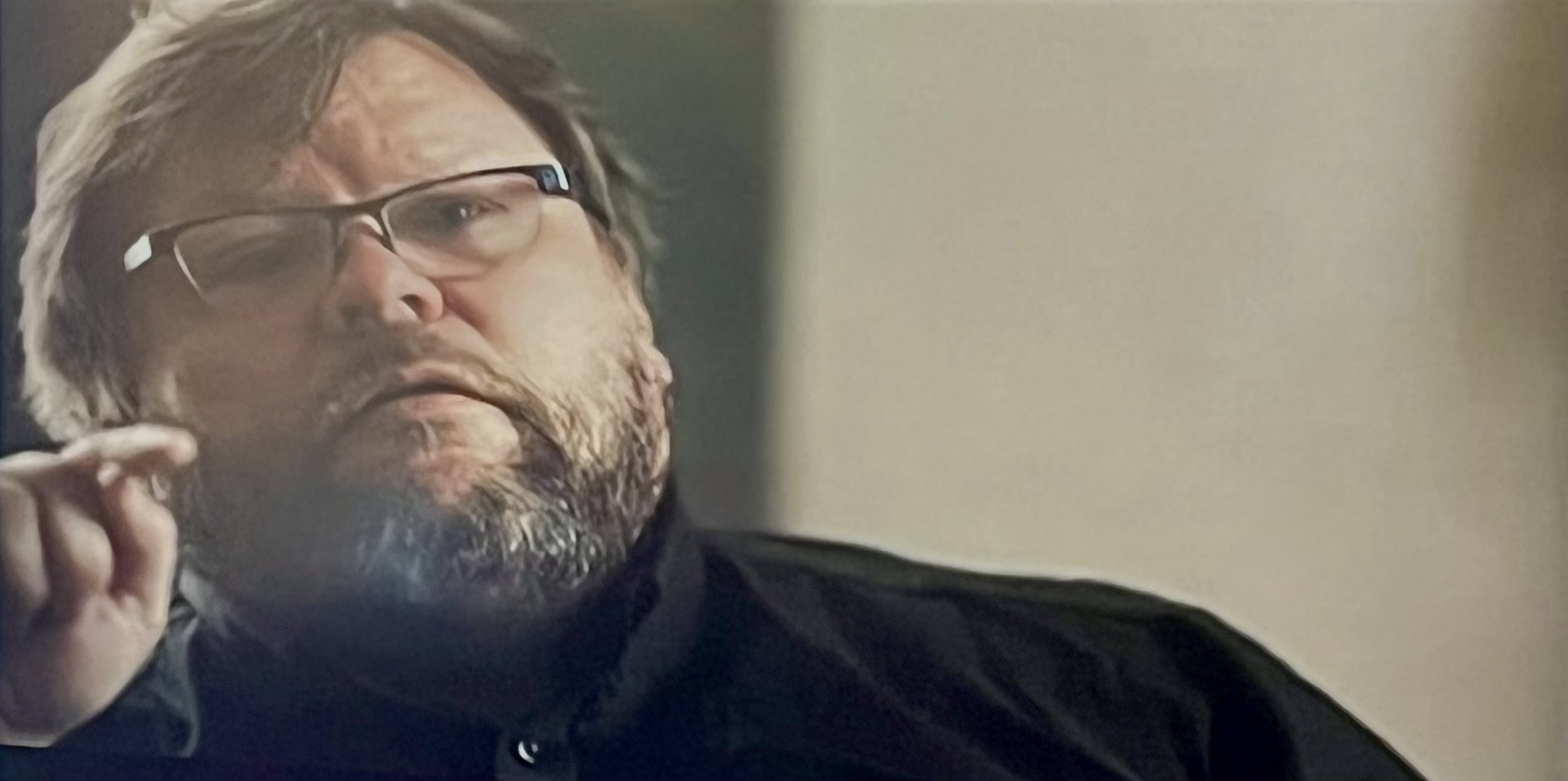
What follows is a plain vanilla discussion of how we vote, divorced from any political massage. Our democracy is too important for monkey shines from the Left or Right. Let’s rely on the best facts we have.
Fact: The Russians hacked some U.S. elections in 2016.
The Senate Intelligence Committee reported that Russia made attempts to interfere with voting in all 50 states. The bipartisan committee concluded, “that while there was no evidence that any votes were changed in actual voting machines, ‘Russian cyber actors were in a position to delete or change voter data’ in the Illinois voter database.” All U.S. security agencies agreed -- but more than one professional hacker insisted the results could have been changed. Some viruses cover their tracks to leave no trace of what they have done.
I am not interested in arguments about which candidates the Russians attempted to help. We do not know it was Donald J. Trump -- and we don’t know why. Russia’s true aim is not to elect a specific person, but to undermine Americans’ faith in their democracy. That is far more valuable to them than having a temporary “friend” in the White House.
It’s not just the U.S. Our European allies report Russian interference with their elections.
“We are more vulnerable to this subtle, hard-to-attribute attack than we are to tanks, airplanes, and ships,” says Lt. Gen. Douglas Lute, U.S. ambassador to NATO, 2013-’17.
Much of what I will report was drawn from an HBO documentary called “Kill Chain: The Cyber War on America’s Elections,” released around the time of the 2020 election. It’s 90 minutes and you can see it here.
Nothing much has changed since then other than this -- after Trump won the 2016 election, he stopped his ceaseless complaining that the election was “rigged.”
He dropped that like a hot rivet after he won. Four years later, he returned to his default, that the 2020 election was “stolen,” using almost the same words and presenting the same absence of evidence as he did four years earlier.
What I have just written is not “political.” They are the facts of his behavior. There is no denying he claimed both elections were rigged. When Republicans deny that, they undermine their credibility.
It is false that he coordinated with the Russians, who supposedly were in his corner. Democrats must stop acting as if it is fact. It is not. They harm their own credibility.
Now, to the central theme: The “Kill Chain” documentary revolves around Finnish cyber election security expert Harri Hursti, who acts as the narrator and says, “Everything is hackable. Always.”
For a 2006 HBO documentary, Hursti hacked four voting machines and demonstrated security flaws in the Diebold Election Systems machines.
Voting machines “are nothing more than obsolete computers,” agrees Sandy Clark, security researcher, University of Pennsylvania.
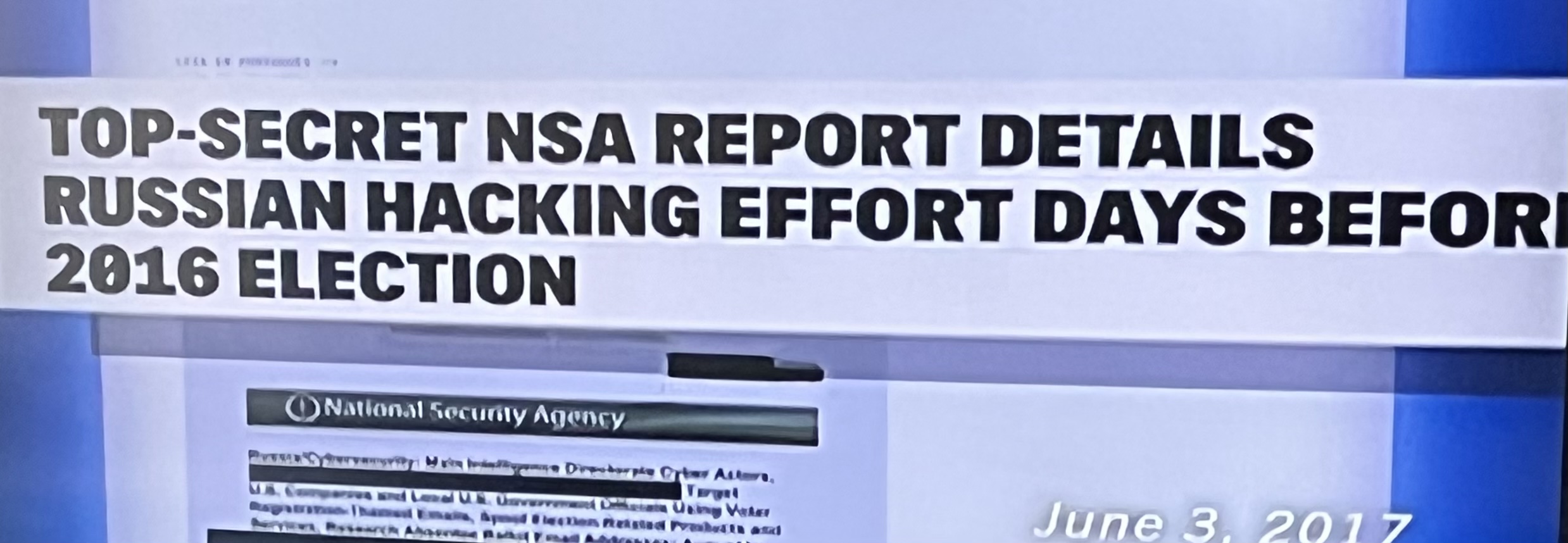
“The problem is, once you understand how everything works,” says Hursti, “you understand how fragile everything is, and how easy it is to lose this all.” The documentary backs up this opinion with interviews with Democrats, Republicans, cyber and military experts.
One expression of confidence in our election system comes from its diversity, from it not being a system at all. Each state is responsible for its own elections, and often passes regulation to the counties. Because they go about it in a myriad of ways, the system is too diffuse and complicated to allow penetration by a foreign actor.
That is a reasonable thought, except for this: Only three main vendors — Dominion Voting, Election Systems and Software, and Hart Interactive — produce the election machinery used across the U.S., and some of the machines can be bought on eBay and reverse engineered. None of the three companies agreed to be interviewed for the documentary.
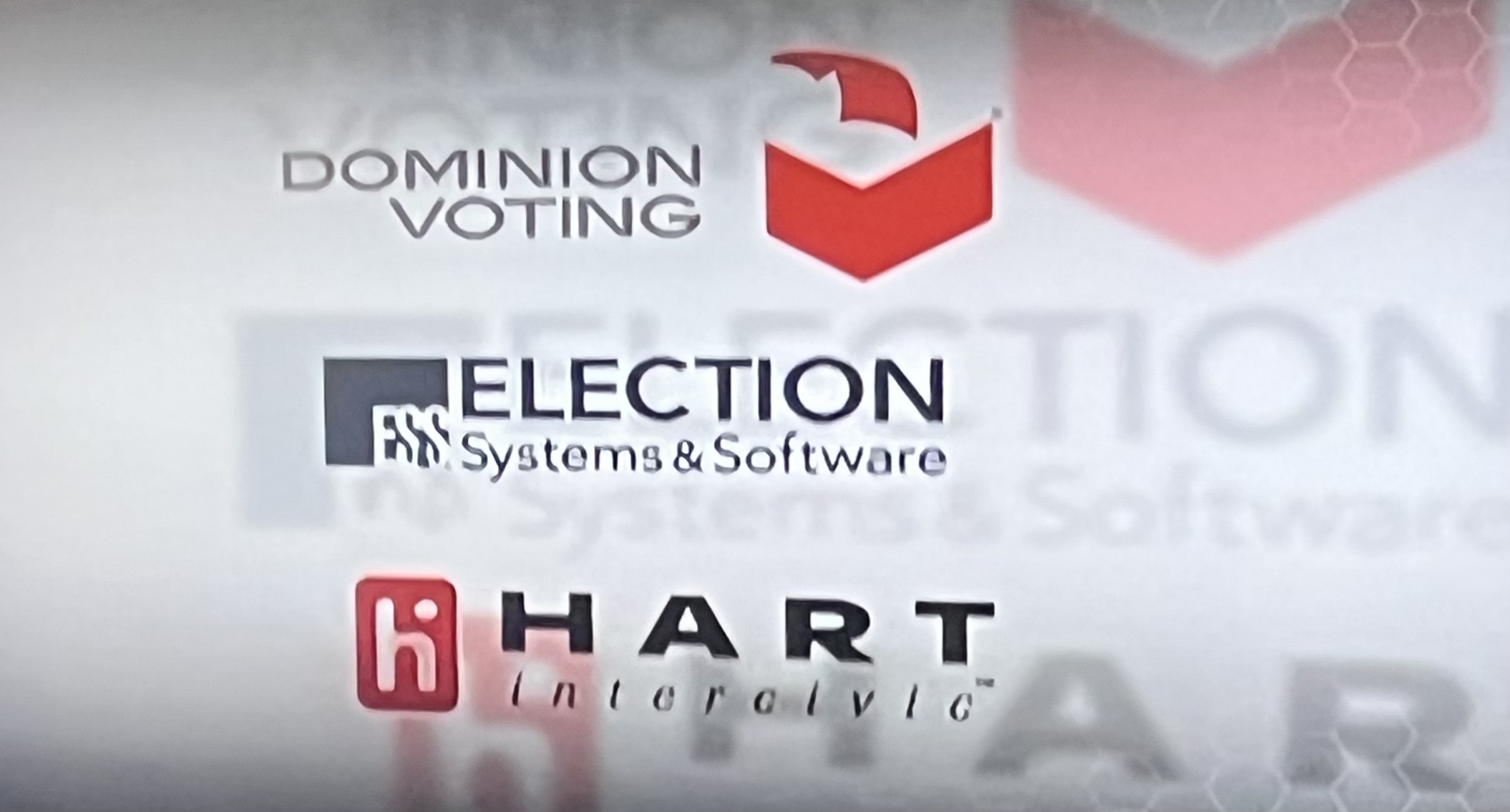
If you can penetrate one or all of these systems, you have the key to the door.
“Kill Chain” presents a chilling picture of the present and near future. While the docu itself does not list “cures,” they can be intuited from the factual material.
So what are the solutions? Here are 8.
1- No voting machine should have digital or online capability.
2- Voting machines can be electronic, and have touch screens, but must not be allowed to connect with the internet.
3- Each machine must produce a paper tape that will be stored.
4- No voting except at state-run polling places.
5- No free-standing drop boxes.
6- No “harvesting” or collecting of ballots by anyone other than state-elected or appointed officials.
7- Never put a computer between the voter and the ballot.
8- No bar codes, no QR codes. Voters have no idea what info they contain and they can be manipulated.

